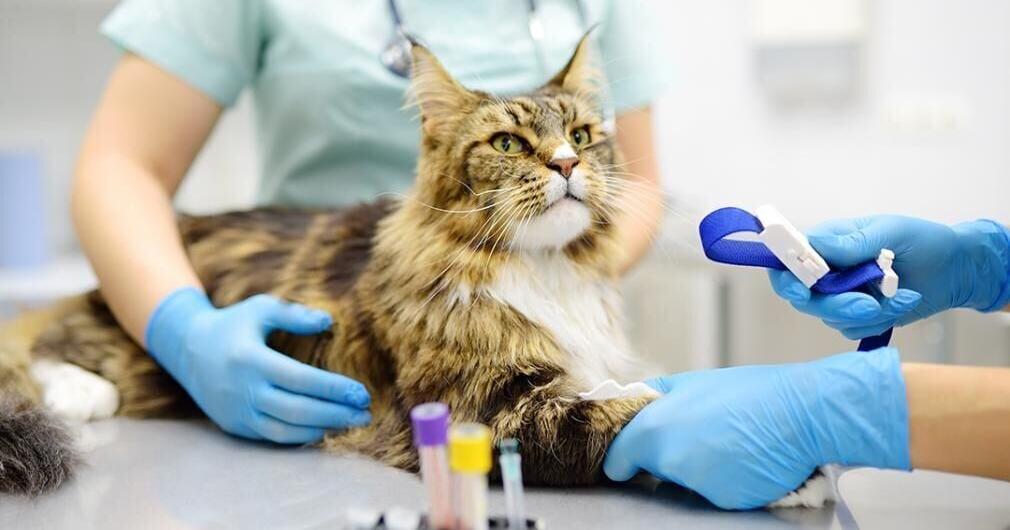As winter settles in, many pet owners are noticing the effects of colder temperatures on their senior dogs. Cold snaps can lead to stiff joints and reduced mobility, prompting concerns for the well-being of these older animals. Experts recommend a range of strategies to help keep senior pets healthy and active during the chilly months.
Heather Drievold, a pet care advocate, emphasizes the importance of gentle exercise for senior dogs. Regular walks, even in cooler weather, can help maintain their flexibility and overall health. “Gentle activity helps older pets stay limber,” Drievold explains, highlighting that moderate exercise is crucial to prevent stiffness and ensure mobility.
Understanding the Impact of Cold Weather
Winter can be particularly challenging for older pets. As temperatures drop, dogs may experience joint pain and discomfort, especially if they suffer from conditions like arthritis. Veterinarians often advise pet owners to monitor their senior dogs closely during this season. Signs of discomfort may include reluctance to move, difficulty rising from a lying position, or changes in behavior.
In addition to mobility issues, cold weather can also exacerbate existing health problems in senior pets. For instance, respiratory issues may worsen in frigid temperatures. Pet owners should ensure their dogs are kept warm, particularly when outside for extended periods. Providing a cozy, insulated space indoors is essential for their comfort.
Tips for Keeping Senior Pets Active
To support senior pets during the winter months, experts recommend several strategies. First, keeping walks short but frequent can help maintain activity levels without overexerting the animal. Engaging in play indoors with soft toys can also encourage movement without exposing them to the cold.
Nutrition plays a vital role as well. A balanced diet rich in omega-3 fatty acids may aid in joint health and overall vitality. Pet owners should consult with their veterinarians to tailor dietary needs specific to their senior pets.
Moreover, using protective gear such as dog coats and boots can be beneficial when going outside. These items help insulate their bodies and protect sensitive paws from icy surfaces.
By taking proactive measures, pet owners can ensure their senior dogs remain active and healthy during the winter months. As Drievold advises, “The key is to listen to your pet and adjust their routine as needed.” With the right care and attention, senior pets can enjoy the winter alongside their families.







